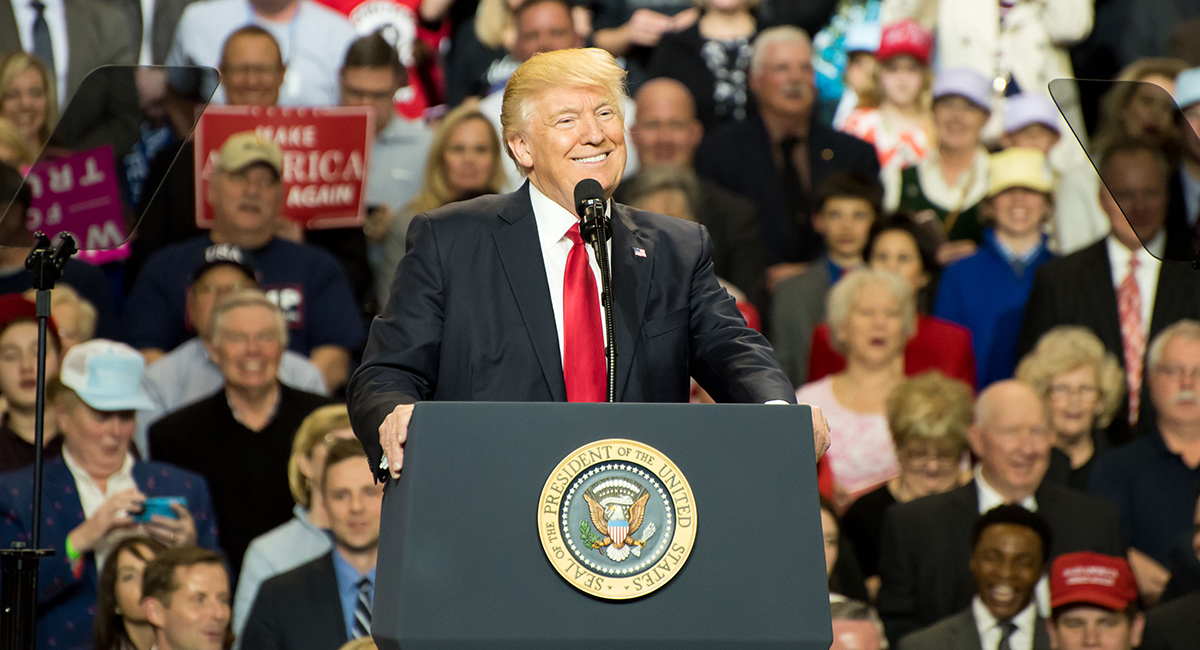The extraordinary and unprecedented ruling by Judge Aileen M. Cannon of the Federal District Court for the Southern District of Florida to appoint an independent arbiter (special master) to search the more than 11,000 government documents removed to Mar-a-Lago by former President Donald Trump—including ones that had some of the highest categories of government classifications—for those covered by attorney-client privilege or executive privilege will only delay the Department of Justice investigation into the alleged theft. However, the judge’s stretching of the already constitutionally shaky principle of executive privilege to a former president subject to a criminal investigation could have significant ramifications. Explicit in the judge’s ruling is a violation of the principle that everyone is equal before the law by her assigning a special category to a former president, who has already been treated with kid gloves by the National Archives and the Justice Department, which also have become used to about two-and-a-quarter centuries of an extra-constitutionally built imperial presidency.
The entire concept of executive privilege is questionable historically because the Constitution—written in 1787 and ratified in 1788 with the recent tyranny of King George III in mind—clearly intended, in Article I, that Congress, not the executive, be the most powerful branch of government. Although the president could veto congressionally passed legislation (even that could be overridden with a two-thirds vote), the executive’s limited role, enunciated in Article II of the document, was to execute or carry out Congress’s legislative will domestically or as commander in chief of the military in wars first declared by Congress.
Even as early as 1796, during the George Washington presidency, however, the executive began to whittle away at Congress’s constitutional power by withholding from the House of Representatives politically sensitive documents about the negotiation of the controversial Jay Treaty with former enemy Great Britain, even though the House often needs to make budgetary decisions on treaties ratified by the Senate.
Yet Congress has a greater institutional claim to oversight of an executive branch that is supposed to be constitutionally executing its will than the president has to impairing that oversight by keeping information from the legislature. In addition to its broad legislative powers in many areas, the Constitution declares Congress’s broad authority “to make all laws which shall be necessary and proper for carrying into execution the foregoing powers, and all other powers vested by this Constitution in the Government of the United States, or in any Department or Officer thereof.” To carry out this important function and improve the president’s execution of the laws, Congress would need information on how the executive was currently carrying out such laws. In contrast, no mention—either enumerated or implied—was made in the Constitution of “executive privilege” or any other executive power to withhold information from Congress or the courts. Thus, in withholding documents on the Jay Treaty, Washington did not explicitly mention such a privilege; the term was not coined until Dwight D. Eisenhower invented it much later in the 1950s.
Although executive privilege—invented extra-constitutionally out of whole cloth—unfortunately has been recognized by the courts, its reach largely has been confined to deliberative advice by presidential advisers to sitting presidents being protected from Congress and the courts. The shield has not protected former presidents much and certainly not from investigations from within the executive branch, including those by the Department of Justice. In 1974, in the case U.S. vs. Nixon, the Supreme Court ruled that executive privilege could not be used as protection from a criminal investigation, such as the one facing the current occupant of Mar-a-Lago.
Even worse than essentially delaying the current investigation, the judge’s ruling, in a bow to the imperial presidency, puts even ex-presidents’ reputations above the rule of law (the principle that the law applies equally to everyone). Unbelievably, in the ruling, the judge even bluntly announced that Donald Trump was getting special treatment in having a special master review the documents for executive privilege: “As function of plaintiff’s former position as president of the United States, the stigma associated with the subject seizure is in a league of its own.” Judges rarely worry about the reputational smudge that ordinary people encounter by being served with a legal valid court-ordered search warrant.
Many legal analysts panned the judge’s ruling of expanding the special master’s role from reviewing the documents for attorney-client privilege to also include executive privilege. Many also have roundly decried the special treatment that a former president has gotten from the judge. They might even add the approximately year-and-a-half, multistage process the National Archives and FBI used to first plead for, then demand, and finally seize the highly sensitive documents that any other government employee would have had seized immediately. After more than 225 years, the imperial presidency now provides presidents and former executives protections that citizens outside that club could only dream of.

















